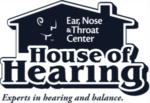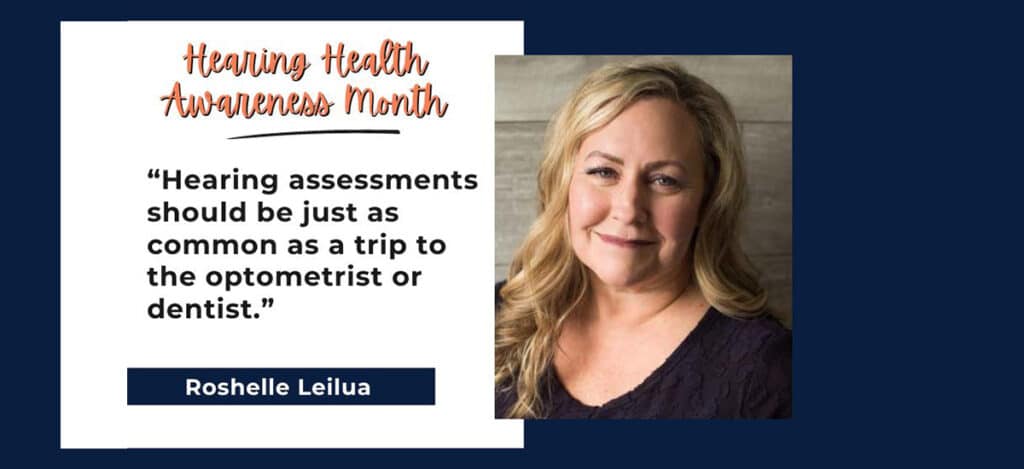A hearing assessment is critical for everyone to get to know exactly what the status of your hearing is.
I have seen firsthand that most people are unaware of how easy, painless, and beneficial these exams are. By getting a hearing assessment, you’ll provide me with valuable data that I can use to either treat an existing problem or prevent a future one.
Even if your test shows no issues, the results will stay on file. If something does occur in the future, we have an established benchmark from which to work.
Our comprehensive hearing assessment is the first line of defense against hearing loss. Let me explain why this is so crucial to healthy hearing.
How Common Is Hearing Loss?
Approximately 1 in 8 Americans experience a hearing loss, and that ranges from kids to people over the age of 75.
Hearing loss can start at any age for all kinds of reasons. The older we get, the more chance we all have of developing issues. Hearing loss can present itself gradually, which gives people a chance to adapt.
Our hearing assessment may find an issue that you didn’t even know you were living with.
What Does A Hearing Assessment Identify?
Sometimes, correcting hearing loss can be as simple as cleaning out impacted earwax. Conditions such as this or fluid buildup or fungi can adversely affect your hearing. These examples cannot be fixed by an over-the-counter hearing device and need the attention of an audiologist.
This is something a test will confirm for us. These tests can tell us why you are experiencing a hearing loss and how.
A complete test will include an otoscopy, which means we will make sure the ear canal is not blocked with earwax and confirm that the eardrum is visible and healthy. If occluding earwax is present, it will be removed before testing the hearing.
Signs That You Need A Hearing Assessment
- Difficulty understanding what is being said in conversation
- Having muffled speech
- Regularly turning up the TV
- Frequently asking others to repeat
- Not hearing things clearly
- Having difficulty hearing people on the phone
- Your hearing is worse when sound comes from one side
Do You Need Help Hearing In Noisy Environments?
When you have a hearing loss, you are already at an increased difficulty for hearing certain sounds that help with clarity of speech. When background noise is present, it makes a difficult situation even more challenging.
Women’s and children’s voices fall in a higher pitch range. A noise-induced hearing loss or an age-related loss will typically cause a higher pitch hearing loss to occur, causing that difficulty to hear your wife or children.
Hearing assessments target this area of your hearing precisely. The tests run will show exactly how you perceive these sounds and show your weaknesses if any.
What Happens If You Delay Your Hearing Assessment?
Hearing loss is no different than any other medical condition. The longer it goes unaddressed, the worse it will get. The symptoms mentioned above is your body telling you to seek help.
The long-term effects of hearing loss without treatment can contribute to dementia, cognitive decline, memory issues, and speech problems.
It can affect more than just your hearing; it can also affect your entire lifestyle.
How Often Should My Hearing Be Checked?
You should get your hearing checked any time you suspect something to be off. Perhaps you went to a concert recently and you’re still experiencing some residual ringing. Or you have started a new job at a factory and notice that you have to turn up the TV volume more.
Any time that you are concerned about your hearing, get a hearing assessment.
After the age of 50, we recommend getting an assessment annually. This will allow us to spot any patterns very quickly.
Scheduling a hearing assessment is very easy. You can access it through our website where there is plenty more information as well.
If you have any questions, please call us at your earliest convenience. We are always standing by and ready to help in any way we can.


